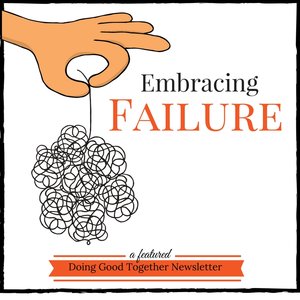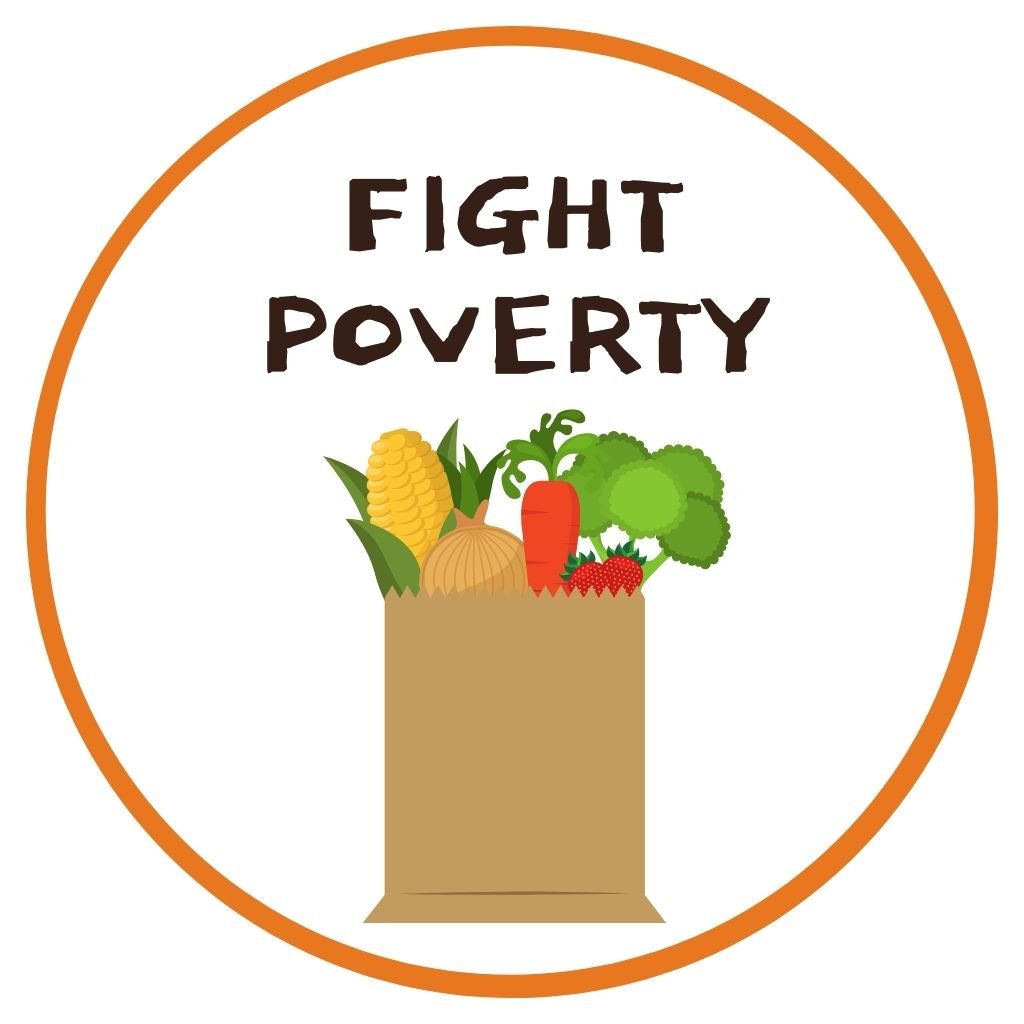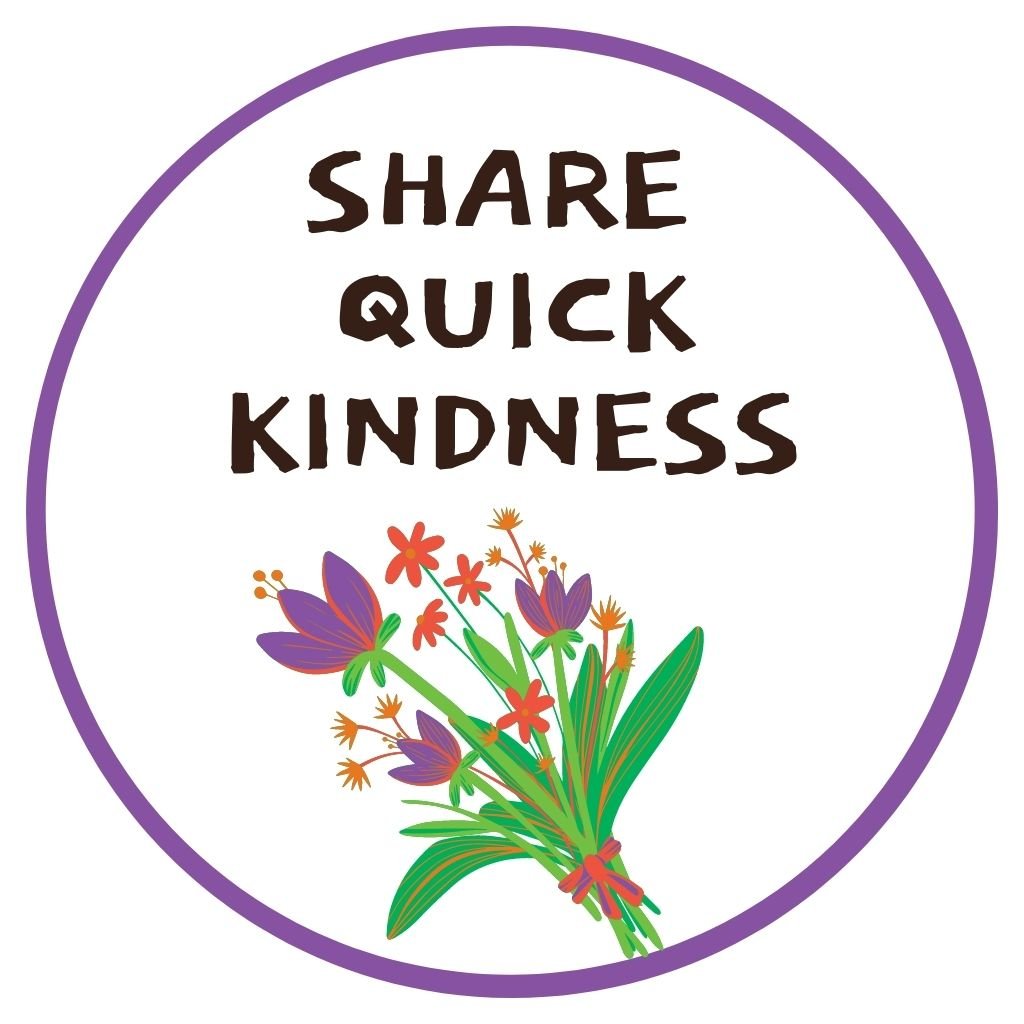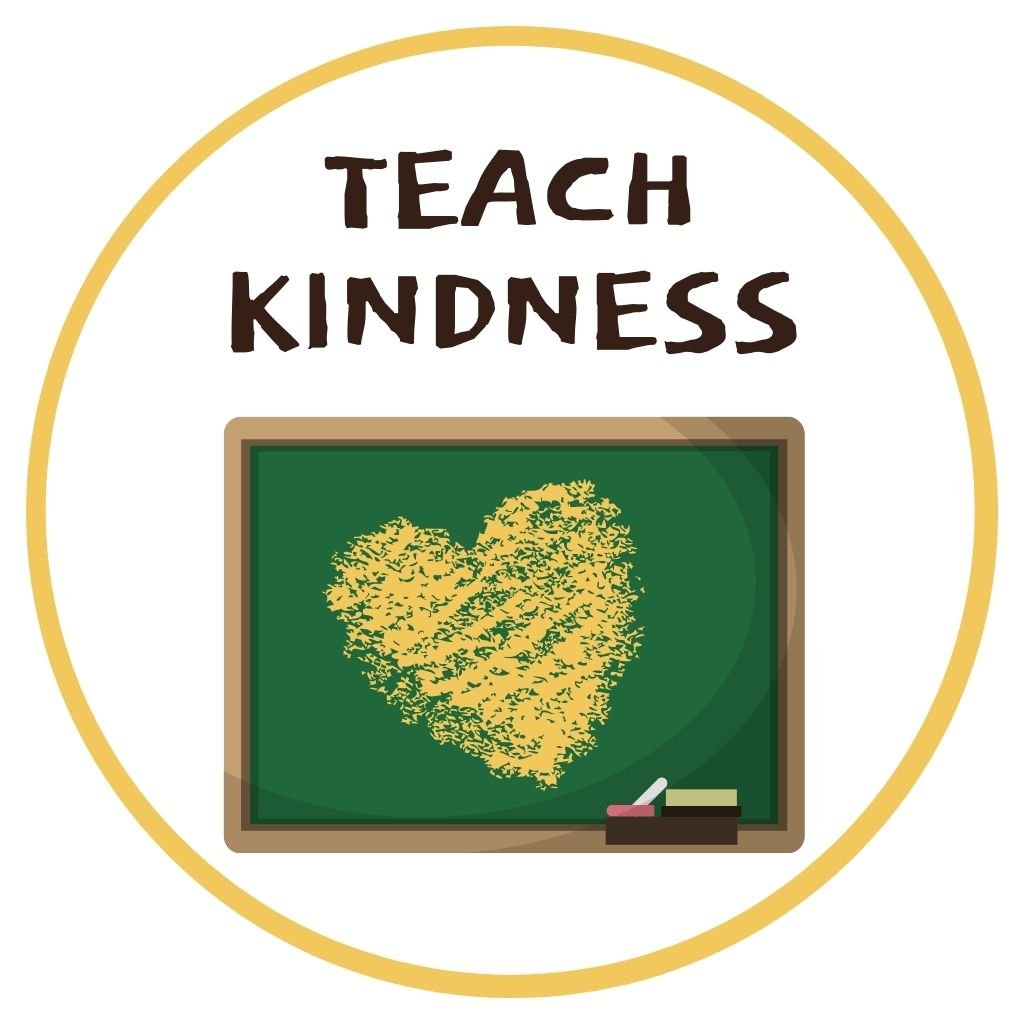Help Kids Build Resilience
By: Courtney Juvland, early childhood family educator
The last few years have been a test to everyone’s mettle… including and especially for young people. We’ve spent part of it being physically isolated from our wider community while also being digitally inundated with a continuous stream of news and information from all around the world. That news has often been bleak – global pandemic, societal unrest, natural disaster after natural disaster, and violence, just to name a few.
Even as many have reentered communal life and work, mental health for all members of our worldwide community seems fragile. As parents and caring community members, we can’t help but wonder how to fortify our young people with the skills needed for life in these difficult times.
Resilience has been a focus of much research and attention in the last few decades, and for good reason. How can situations that cause a system break in some people lead others to even greater strength?
The number one indicator of a young person having the resilience to overcome bigger life adversities is a quality connection with at least one adult person. It can be a parent, teacher, coach, faith community member, or anyone that shows genuine care for that other human who’s struggling. Having a sense of competency is another factor that helps young people (or adults, for that matter) to be more resilient. Think of a time you faced a hardship. Simply knowing you had some control or ability to achieve something small likely helped you cope, and it is the same for children.
Even if your children are fortunate enough not to face major difficulties in life, building a sense of connection and confidence will help provide protective factors and skills through life’s ups and downs. Here are a few suggestions to build resilience in everyday life:
Encourage persistence in play and everyday tasks. We rarely get things right the first time. Nudge your child to give it another go when they have a small setback.
Notice and acknowledge their emotions. Naming a feeling for them with specific vocabulary (even young children can learn bigger emotion words if it’s linked to their lived experience!) and do not try to brush that emotion away. Sit with them in that feeling while they move through it, and talk about it afterwards as is developmentally appropriate.
Don’t shield them from disappointment or failure. It’s so hard to watch our children go through a tough time, but experience in facing life’s smaller disappointments will allow them to practice, with a trusted adult, and prepare them for larger stumbles later.
Remember that some stress can be positive. We sometimes forget that stress can lead to positive change and growth. The same is true for our children; we can talk to them about times when stress brought us to a place of growth. As Harvard’s Center for the Developing Child reminds us, “Learning to cope with manageable threats is critical for the development of resilience.”
Identify the helpers. The inimitable Mr. Rogers advised that we “look for the helpers” when the news stories or circumstances are scary for young ones. Ask your children to identify who their helpers are. Connect them with other adults in the community that you trust to show up for your child or teen when things get tough.
Show them how they can be part of the supportive community that helps others. Model for them in your interactions with them and other young people. Talk with them about the work you do together for the greater good of the community, and how that helps to build the kind of connection that makes others in hard places feel seen and cared for as they walk through difficulties. It’s something that ties all the other resilience-building advice together and it’s part of Doing Good Together.
We can’t guarantee a life free from challenges, but by putting as much as we can into the protective factors side of the balance scale, we increase the likelihood of positive outcomes for our children and communities.
As the experts from Raising Children in Australia remind us, “Children learn resilience through experience. Each time your child overcomes a problem, it builds their confidence in their ability to handle the next challenge.”
Resources:
https://developingchild.harvard.edu/science/key-concepts/resilience/
If you like our free stuff, you’ll love our membership program!
Join today and we’ll help you keep kindness on your family calendar all year long, now with access to DGT’s popular member’s only e-books.
Browse our Pick-a-Project collection!
Disclaimer: Doing Good Together™ is a participant in the Amazon Services LLC Associates Program, an affiliate advertising program designed to provide a means for sites to earn advertising fees by advertising and linking to Amazon.com.
The recommendations we offer are based solely on our mission to empower parents to raise children who care and contribute.




















